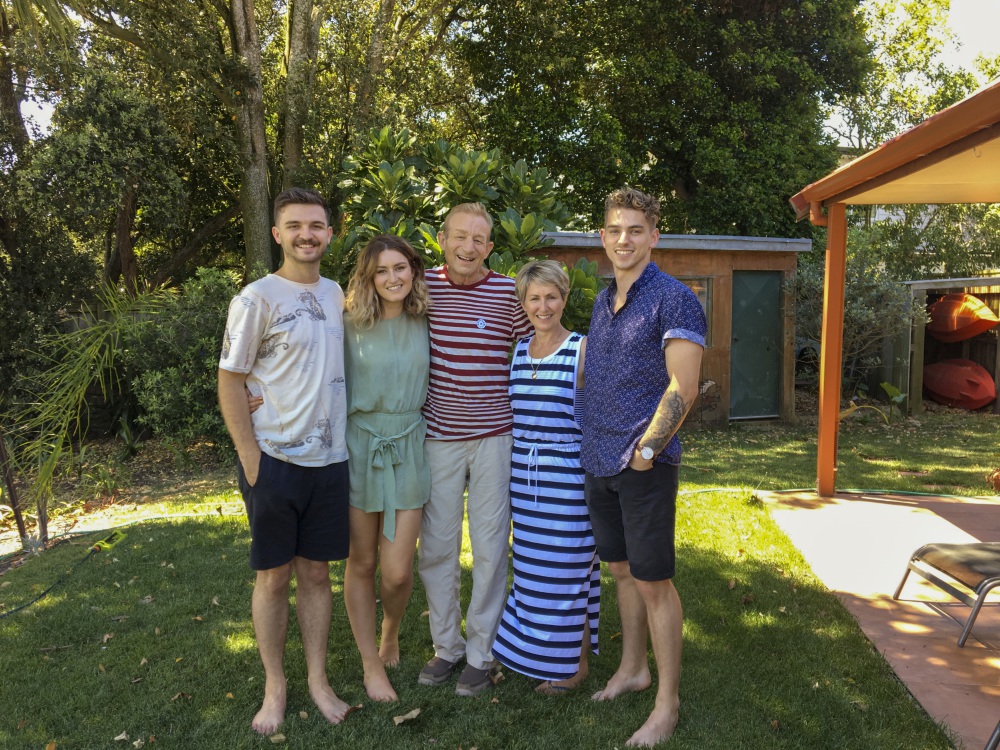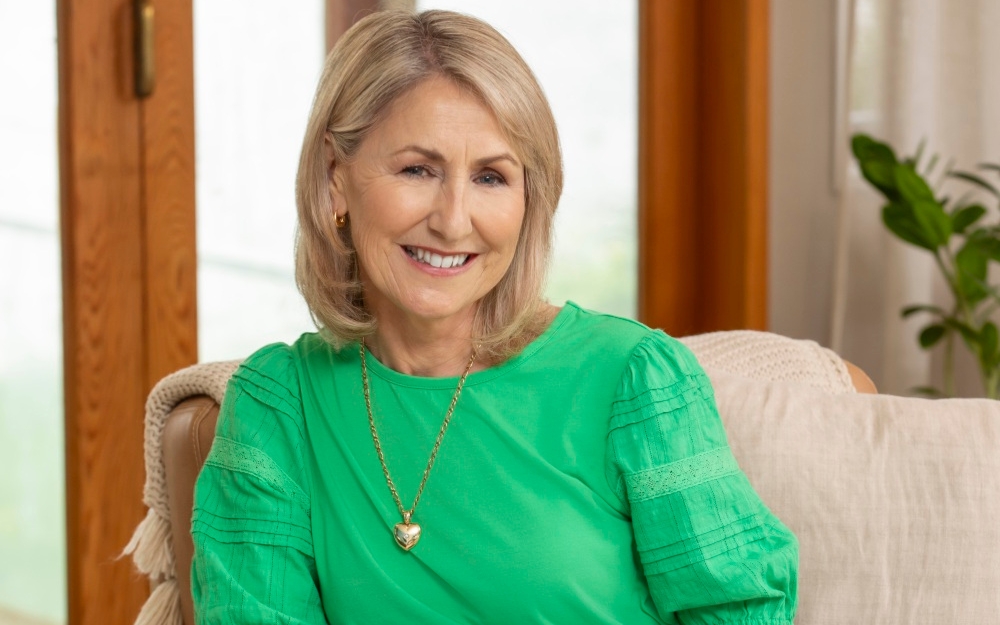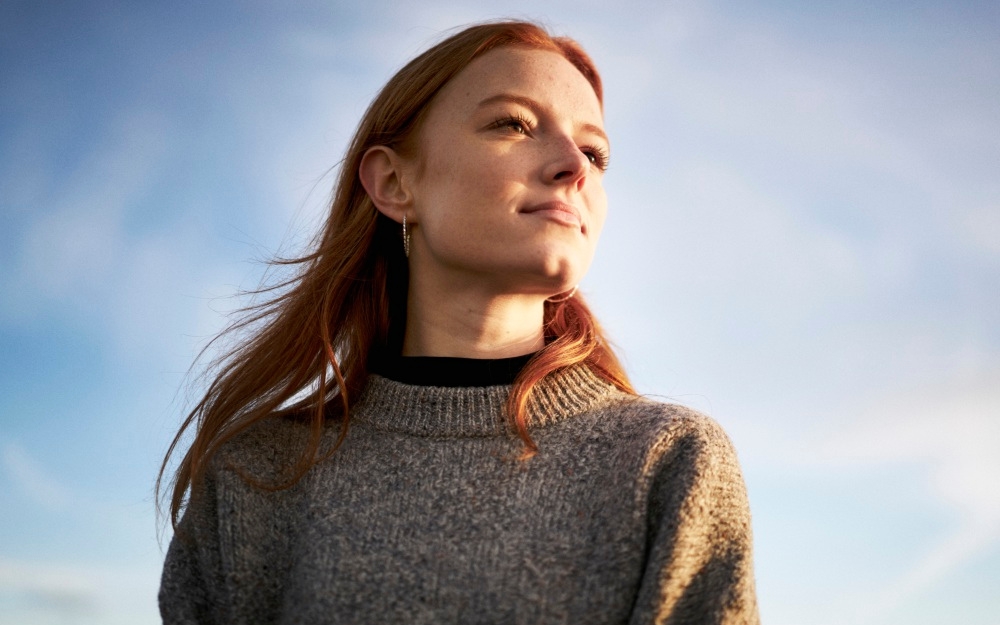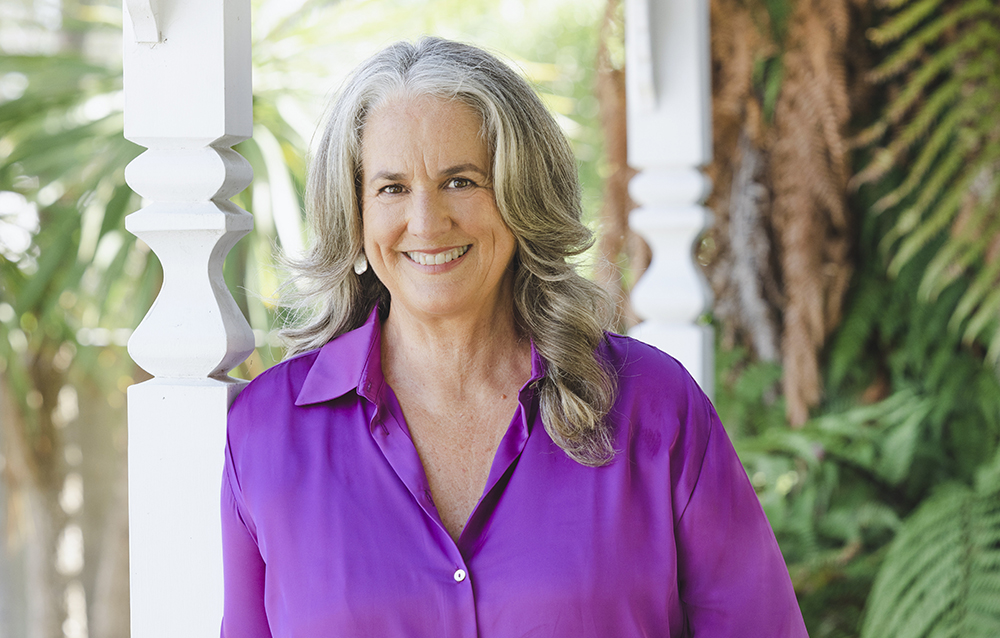After her 16-year-old daughter Natasha drowned trying to escape a swollen river while on a school canyoning trip, mum Nikki Bray felt like every day was going to be a life sentence.
Natasha was one of the six students – along with their teacher from East Auckland’s Elim Christian College – who were swept to their death in the flooded Mangatepopo Canyon. It was an unthinkable tragedy that should never have happened.
At the time, husband Andy unintentionally became the media spokesperson on behalf of the bereaved parents, as the whole nation sympathised with them all. Then a decade on, Nikki’s “second worst nightmare” happened.
Although her husband’s health had always been precarious, Andy, 62, suffered a heart attack on the operating table and passed away a few hours later. (He had lost all kidney function in his early twenties, had three kidney transplants and was believed to be one of the longest-living dialysis patients in New Zealand.)
Nine months before Andy’s death, his mum died. Six months later, another blow came – his dad also passed. Both parents lived next door.

Losing husband Andy was another cruel blow for Nikki.
In the face of profound grief, but strengthened by her Christian faith, Nikki wanted to find “purpose in the pain” and help others to navigate loss in even the most impossible circumstances.
After retraining as a certified coach, the mum-of-three has poured her personal experiences and insight into a book, From Here to There, which is released this month.
While it’s easy to think “this was not supposed to be my story”, she wanted to remind Kiwis that through times of immense darkness there is still light.
“What I’ve discovered is that the past is a great place to learn from, but it’s a terrible place to live,” shares the 57-year-old, chatting to the Weekly from the family home in Pakuranga.
“After Andy died, I felt like I was of no use any more. We had been directors of Family Life [a non-profit charity organisation] together for 25 years and most of the people we worked with were married couples.
“But one thing we had said to each other after Tasha died was that we didn’t want this pain to be wasted, so we always looked for ways to see how we could bring something good from it and encourage others in the same boat.”
When asked if she has always been a resilient person, Nikki pauses before nodding yes. She likens resilience to growing a muscle.
“You go through these tough things and when the next hardship comes along, you put that muscle into practice, so you can go, ‘Okay, I have some skills that got me through that – I can use them again here.'”

Mum and her lovely daughter Natasha.
Nikki has been growing that resilience muscle from a young age. Her earliest memories are from when she was placed into an Air Force children’s home in Cornwall, England, at five years old. “It wasn’t a pleasant experience,” she recalls. “They often hit us and I felt very alone.
“When my mum came and picked me up a year later, she had another guy with her and he then quickly became someone I adored. They got married when I was nine and bought some land to build a house. It finally felt stable, but when I was 13, the whole thing came crashing down because he met someone else and left.”
Her mother then began a relationship with a Kiwi guy and later decided to move with him to New Zealand.
Nikki, who was doing well at school, didn’t want to uproot her life, so she went to live with the ‘town opticians’ and stayed with them until age 17.
“Even though Mum did the best she could with what she knew at the time and was very loving, my life motto became ‘trust no one but yourself’, and I became a people-pleaser – afraid that people would leave me.”
Nikki graduated university at 21 and moved to New Zealand to build an adult relationship with her mum. (The pair live together now – “it’s lovely we get to have some time that we didn’t get when I was younger”.)
Within the first week of starting a new job in a promotions department for a paper company, she met Andy. “The company got a corporate box for what was the Benson & Hedges tennis back then. They told me to invite Andy, who was one of our top clients.
“We used to say it was a love match,” she laughs. “He had just received a kidney transplant six months before and had this new lease of life. Both of us shared the same values.”
Marrying a year later and becoming parents (Olivia is now 29 and Ben 27) brought “so much joy” among Andy’s health battles, which included overcoming a post-op stroke, suffering extreme side effects from his kidney transplant and losing his kidney due to cancer.

Nikki and Andy with Olivia, her husband Asher (left) and Ben (far right).
On April 15, 2008, a friend told the couple that news had broken about an accident at Mangatepopo Gorge. She said it was serious but little detail was known and asked if that’s where Natasha was.
At 2am the following day, they got a knock on the door. It was a policeman, who broke down in tears as he told them their teenage daughter had died in the disaster.
The Bray family’s world crumbled in that moment.
Adventure-loving Natasha was one of 10 pupils and a teacher from the college who, along with an instructor from the Sir Edmund Hillary Outdoor Pursuits Centre, were caught out by the rising river. Only four pupils and a centre instructor managed to get out of the water alive. The outdoor centre later pleaded guilty to health and safety charges and paid $480,000 in fines and reparations to the victims’ families.
Underpinned by their faith, the Brays forgave those responsible for their daughter’s death, but it wasn’t easy.
“I remember when Tasha died, I thought, ‘I am never going to be joyful again,'” tells Nikki.
“How could I be, when half of my heart was in Heaven? I felt like life was in black and white now, and I was just going through the motions.
“It’s not that I loved [remaining children] Olivia and Ben any less – it just didn’t feel complete without Tasha here.”
Andy and Natasha at the family’s camping spot in Opoutere.
Overwhelmed by grief, the couple processed their pain differently. Nikki says Andy was the “strong one” who internalised his emotions and found it easier to focus on work.
“I wanted to talk to him about Tasha all the time, but he found my pain so hard to deal with. He would write articles for magazines or talk to the media and I’d look at him, frustrated, and go, ‘So you’re not happy to talk to me, but you’re happy to talk to the world?!’
“I know it’s because he couldn’t fix my pain. Thankfully, we could extend grace to each other.”
Nikki writes in her book that in the following months, she allowed herself “bite-sized” chunks of time to grieve.
“To begin with, after you’re faced with trauma that big, I felt like I couldn’t even get through the day. So it was like, ‘Okay, you just need to get through the next five minutes. Now you have to get through the next hour.’ That graduated to getting through the afternoon. It was literally one step in front of the other.”

Losing precious loved ones has taught Nikki the importance of moving forward. “I was terrified I would shrink back into the shadows.”
When she would drop her other children off to school in the morning, Nikki would come home and give herself one hour to look at photos, play Natasha’s favourite music, hold her clothing and cry.
“Having those scheduled grief times also stopped me being ambushed by my pain. Because if I didn’t have regular times to let the steam out, something would happen when I was out – like seeing her favourite cereal at the supermarket – and I would stop in my tracks and break down.
“In the western world, we don’t do grief well. People used to look at me, like, ‘Are you ever going to get over this?’ But I believe tears are a part of honouring who they were in your life.
“I actually cherished that pain and slowly I found more colour in my day and glimmers of joy in life again.”
These days, she’s a keen cyclist, has recently hiked the Routeburn Track and won’t say no to a cheeky gin and tonic with friends. She encourages others who are grieving to celebrate the small wins.

Nikki’s book From Here to There can be purchased from nikkibray.co.nz and Manna bookshops, $34.99.
In her work as a development coach, Nikki regularly hears clients say, “I just don’t want to open that door to my grief because it’ll be like the floodgates opening and I will crash and burn.”
“But I remind them they’re suppressing it and that’s worse because if we suppress grief and not express it, then it’s going to leak out in all kinds of unhealthy ways. Researchers know that the brain can’t hold trauma – it gets stored in the body, so we can end up creating health issues which fester away.”
After Andy died, Nikki made a commitment to herself that she would say yes to new things because it enabled her to keep moving forward. Six months later, she flew to Bangkok to begin training courses in coaching.
“I was terrified I would shrink back into the shadows of my safety zone because Andy brought me out into the light a lot.
“If he was here now, seeing me upskilling and public speaking on my own and publishing a book, he’d be like, ‘You go, babe – I’m so proud of you!'”


